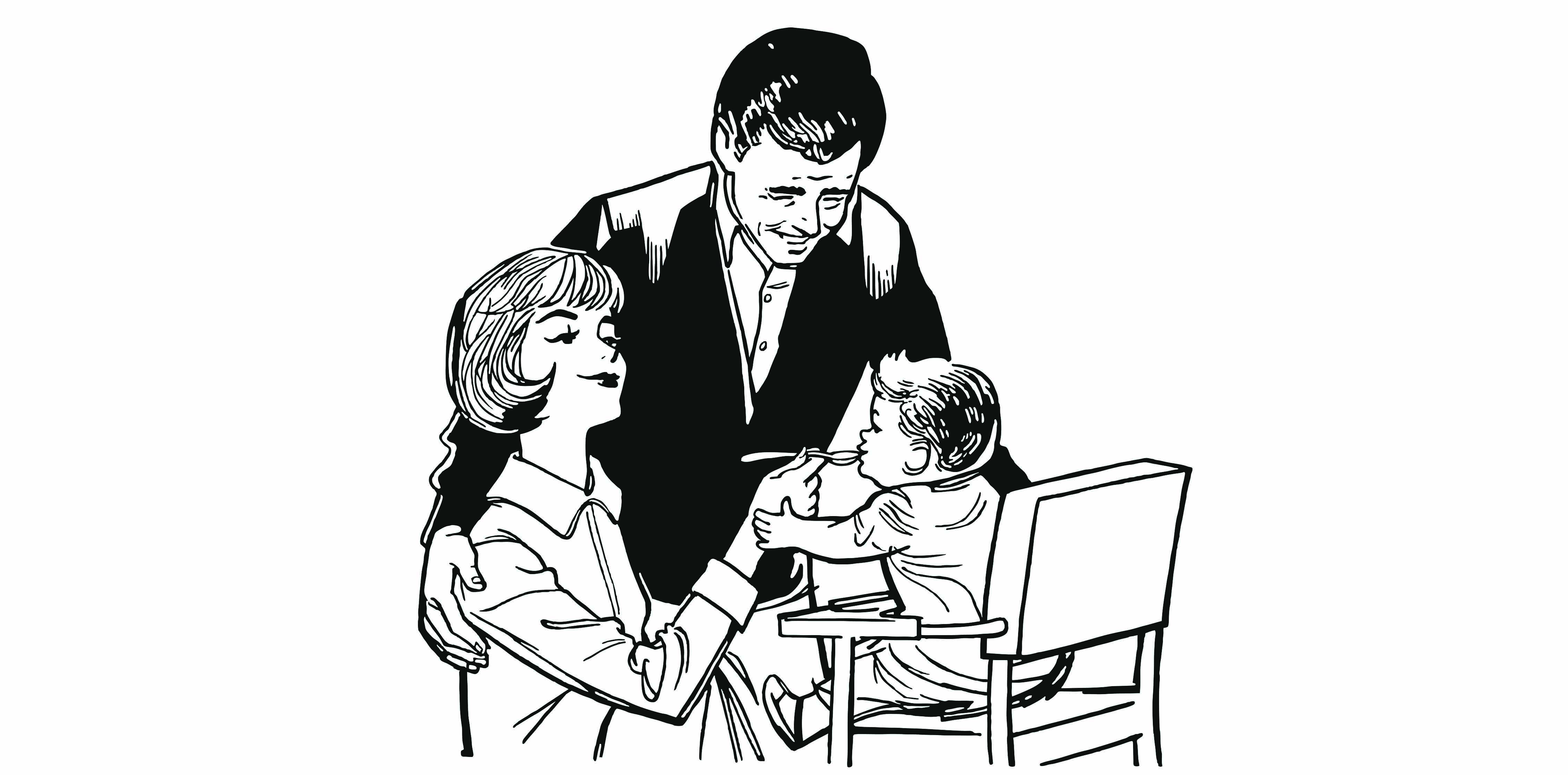A new website, called ‘Nip Allergies in the Bub’, aims to change common feeding practices and challenge long-held beliefs
The peak allergy organisations in Australia are launching a national campaign to help parents overcome their reluctance to introduce potential allergens to infants before the age of one.
Some parents are terrified of giving their six-monthers solid foods that could potentially trigger an anaphylactic reaction.
But introducing possible allergens early has been shown to substantially reduce children’s risk of developing life-long food allergies.
The new website, “Nip Allergies in the Bub”, has been created by the National Allergy Strategy, a partnership between ASCIA and Allergy & Anaphylaxis Australia.
It contains resources for parents, including information on how to introduce solid foods and how to identify an allergic reaction in an infant.
The website also caters for medical professionals, with links to free e-training and ways to order free bookmarks and posters that can be used as advertising for the campaign in doctors’ clinics.
“This is a new way of thinking, and although our peak medical body changed their guidelines back in 2008 and encouraged parents to introduce all foods including common allergens like you’d introduce any other food, there’s been a real reluctance to do that,” Maria Said, co-chair of the National Allergy Strategy steering committee and CEO of Allergy & Anaphylaxis Australia, said.
The hesitancy is understandable. After all, it was only relatively recently that doctors reversed their position. In the 1980s and 1990s, parents were told to avoid giving infants egg and peanuts too early. Now, that advice has been turned on its head.
In 2015, the LEAP study in the UK provided strong evidence that babies at high risk of allergies were less likely to develop allergies if they were given peanuts early and often.
ASCIA now advises parents to introduce all potential allergens into their baby’s diet before the age of 12 months, including well-cooked egg, peanut butter, cow’s milk, tree nuts, soy, sesame, wheat, fish, and other seafood.
Babies should still be given possible allergenic foods before the child turns one year old even if their older siblings have food allergies, although parents would obviously need to take care to avoid the older siblings grabbing food off the baby’s plate, Ms Said said.
It was also important for parents to be on the lookout for allergic reactions the first few times they introduced a potentially-allergenic food into a baby’s diet, Ms Said, who used to be a registered nurse practitioner, said.
The following could be signs of an allergic reaction in an infant:
– Swelling of the face, lips, eyes
– Hives or welts
– Abdominal pain, vomiting
– Difficult/noisy breathing
– Swelling of the tongue
– Swelling/tightness of the throat
– Wheeze or persistent cough
– Hoarse voice
– Pale and floppy disposition
“If a baby has difficulty breathing or suddenly becomes pale and floppy, then you need to call triple zero for an ambulance and keep the baby in the laying position on their side if they are vomiting,” Ms Said said.
However, once the food had been introduced parents could relax a little.
It was very unlikely that a baby would have an allergic response after they had tried the food a few times, she said.


